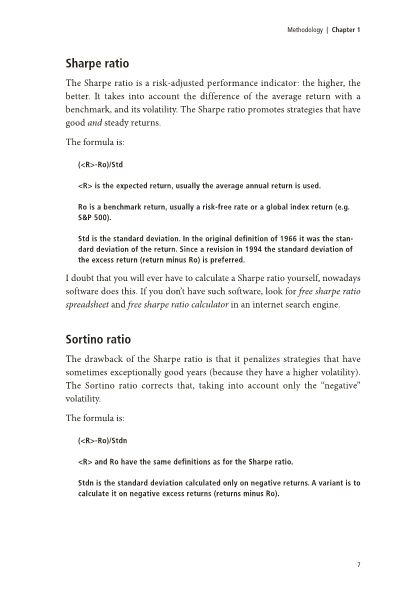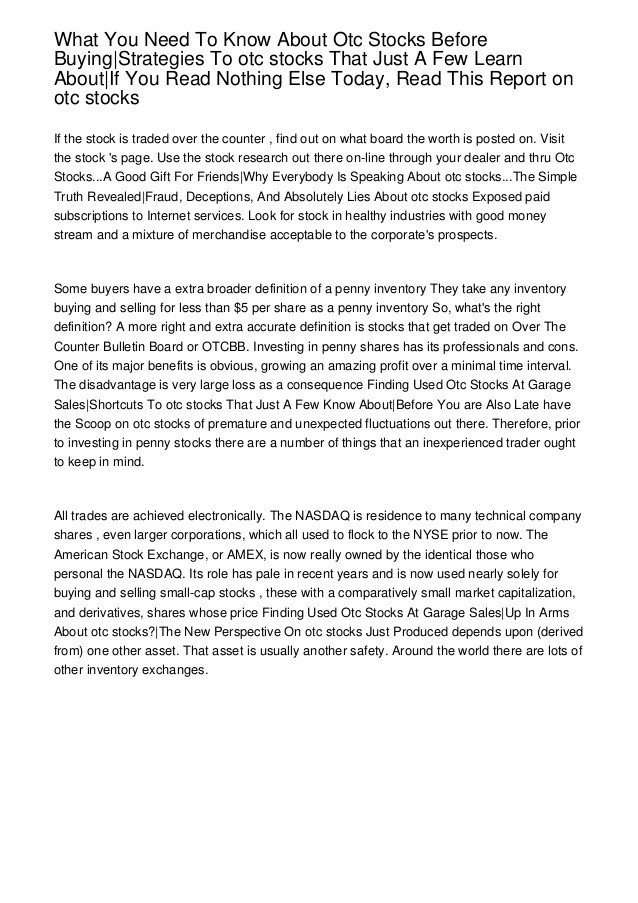Stock buying strategies
Post on: 29 Май, 2015 No Comment

There are a lot of options for buying stocks. Let us guide you through the best stock purchase strategies.
Sivy 70: America’s Best Stocks
From Talking Money by Jean Chatzky
When you’re looking for a broker, you have three distinct choices. From the most to the least expensive, they are: full-service brokers, discount brokers and online brokers. What differentiates them is the advice they provide and cost.
Full-service brokers will call with stock ideas and back this advice with reports from their firm’s research department. They’ll keep an eye on your picks and let you know when they think changes are necessary.
Discounters do less of this. While there’s typically plenty of research available on the best online brokerage sites, it’s up to you to dig for it.
You may want to choose different kinds of brokers for different purposes. I believe that full-service brokers should get paid for their stock ideas. That seems only fair. But if you’ve done your research yourself, I don’t see any reason to pay a hefty commission — discounters probably are fine.
The nice thing about the way the brokerage world is shaping up is that you may be able to have both of those things in one account at one firm.
Merrill Lynch and most other full-service brokers have come around to the fact that they need an online component — and need to charge you lower commissions when you use it. Discounters like Schwab and Fidelity have both started offering a fuller range of services in recent years, while retaining their low-cost structure.
If you decide to sign on with a full-service broker, you should make sure that person has nothing to hide. To get a report on any broker, contact the National Association of Securities Dealers, now part of the Financial Industry Regulatory Authority, FINRA, or visit the broker’s website.
Full-service brokers
Cost: Commissions are typically based on a percentage of your purchase (or sale) price.
Discount brokers

Cost: Between $4 and $20 for a trade of 1,000 shares or less, and on average, discounters charge one-third the price of full-service brokers.
Online brokers
Cost: From $5 to $15 a trade, or even free for 60 days, it doesn’t get any cheaper than this.
When trying to place a buy or sell order, you’ll be faced with all sorts of questions: Market or limit order? Day only or Good ’till cancelled. Here’s the vocabulary you need to know to place a trade.
If you place a market order with your broker, then you are saying that you’re willing to buy at whatever happens to be the prevailing price for the stock. If you have a specific price in mind, you can set a limit order specifying the price you’re willing to pay. If the stock dips down to that level, your order will be automatically filled. Limit orders can be left open for a single day (a day order) or indefinitely (good until canceled).
After you’ve bought a stock, you can instruct your broker to sell it if the price drops to a level you specify (a stop loss order). That’s a kind of insurance; it means that no matter what happens to a stock’s price you’ll never lose more than a specified amount.
In a volatile market, however, setting a stop-loss order at 10% or 20% below the purchase price will sometimes cause you to cash out of the stock on a momentary dip — thus locking in a loss even though the shares may immediately head back upward.














